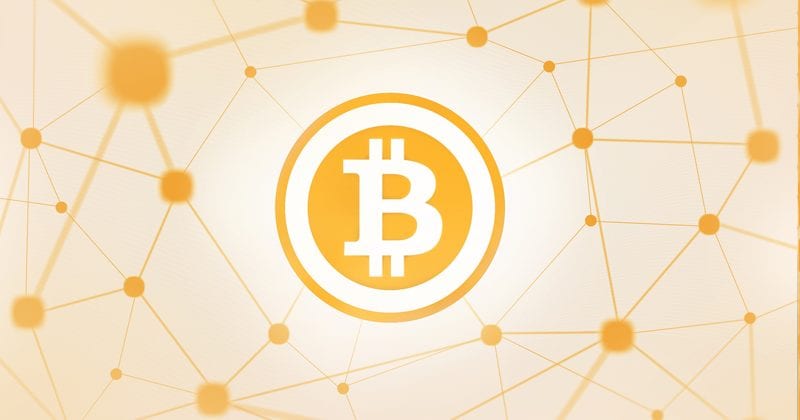As with most blockchain-based projects, the TON should be financed with an initial tokens offer (ICO), similar to the initial public offering (IPO) on the stock exchange. However, instead of making an ICO with other cryptocurrencies (like bitcoin and ether), the Telegram should require traditional currencies of the future investors.
And how will this work? The information indicates that the blockchain will have a centralized and a decentralized part – this will allow the network to have its expanded capacity more quickly when compared to a totally decentralized blockchain platform. The expectation is that the technology can process about 1 million transactions per second. The more than 180 million Telegram users can have a virtual wallet, which stores both traditional currency and the application’s own crypto-currency. Transactions are made between Telegram users, whether humans or bots. And, instead of guaranteeing the safety of the blockchain with proof of work (such as bitcoin), the TON should require proof of participation, without spending as much processing or electricity. The currency reserve will be 200 million Grams, with 4% being held with the Telegram development team for four years. At least 52% of the Grams will be retained to protect the cryptocurrency from speculation and maintain flexibility. The remaining 44% will be sold, with the initial pre-offer of tokens expected to raise up to $500 million from early investors. If all goes well, the TON details will be revealed in the coming weeks. Telegram’s portfolio is expected to arrive in the fourth quarter of 2019, with the rest of the services coming in the first half of 2019. So, what do you think about this new cryptocurrency? Simply share all your views and thoughts in the comment section below.
Δ


